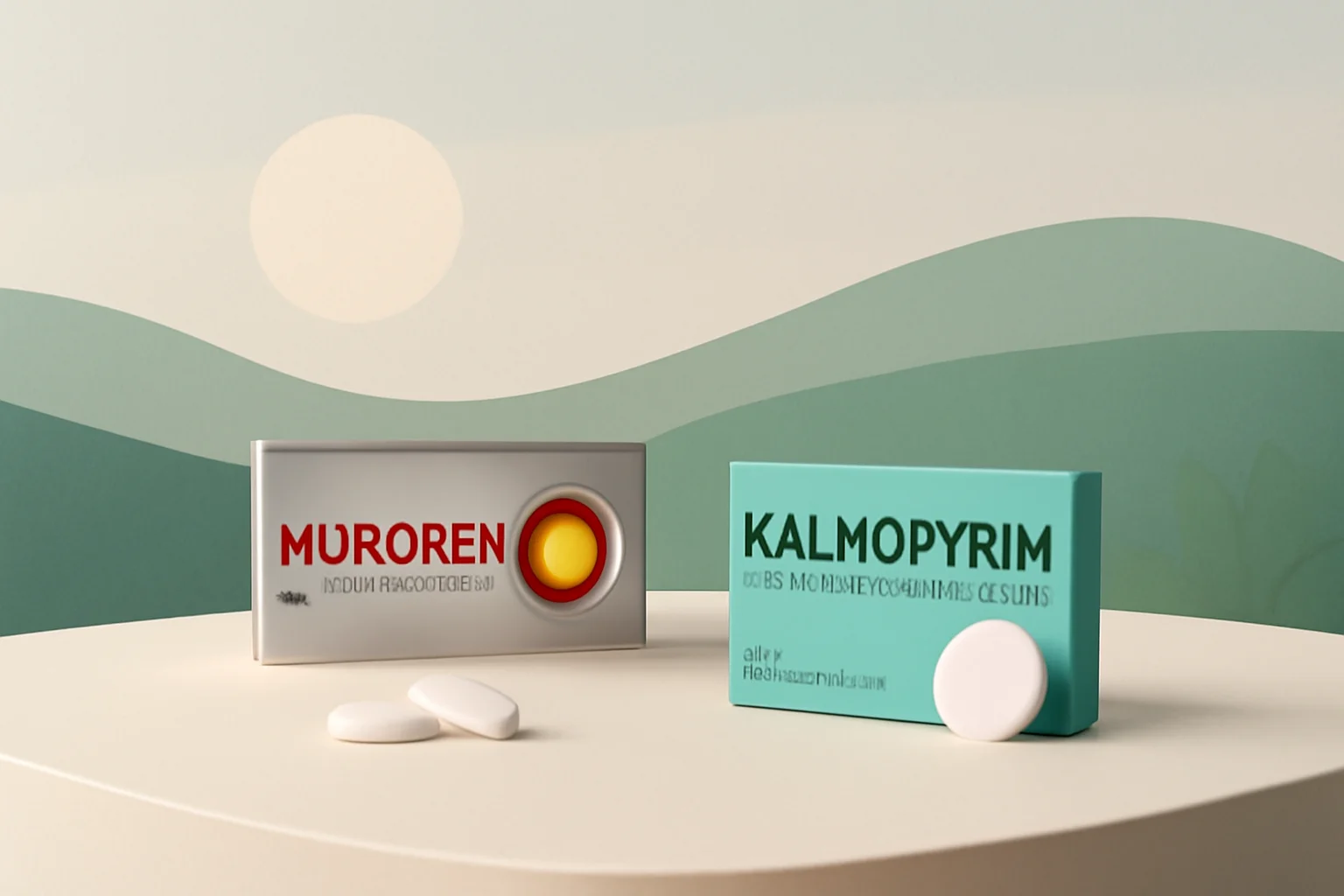
Loratadine or Claritin: Which is the more effective antihistamine?
The loratadine and Claritine are two popular antihistamines used to treat allergic reactions. Allergic symptoms such as runny nose, sneezing, itchy eyes, and skin rashes can significantly impact many people’s lives, especially during pollen season. Antihistamines help alleviate these symptoms by blocking the effects of histamine, which triggers the body’s allergic reactions. Choosing between loratadine and Claritine can be challenging for many, as both have various advantages and potential drawbacks.
Loratadine: Mechanism of Action and Use
Loratadine is a second-generation antihistamine used to block histamine H1 receptors. Histamine is a compound that activates in relation to the body’s allergic reactions and causes numerous unpleasant symptoms. Through its mechanism of action, loratadine reduces allergic symptoms such as runny nose, itching, and skin rashes.
Loratadine is typically administered in a once-daily dose, and its effects can last up to 24 hours. Since loratadine does not cross the blood-brain barrier to the same extent as first-generation antihistamines, it causes much less drowsiness. This can be particularly important for those who need to stay awake for daily activities, such as working or driving.
Additionally, loratadine can be used not only for allergic rhinitis but also for chronic idiopathic urticaria, which is a skin allergic reaction. Due to its effectiveness and low incidence of side effects, many doctors recommend loratadine to their patients. However, it is important to take loratadine only at the appropriate dosage, and if any unexpected reactions occur, consult with a doctor.
Claritine: Brand Name and Availability
Claritine is the brand name for loratadine, marketed by the Schering-Plough pharmaceutical company. Claritine is available in pharmacies and online, and it can be obtained without a prescription, making it easily accessible for many. Claritine comes in various forms, such as tablets, syrup, and chewable tablets, allowing patients to choose the form that best suits them.
The mechanism of action of Claritine is the same as that of loratadine, as Claritine also works by blocking histamine H1 receptors. The effects of the medication are felt quickly, usually within 1-3 hours, and can last up to 24 hours. Since Claritine does not cause drowsiness, it is a popular choice for those leading active lives who do not want their medication to interfere with daily activities.
Due to the advertising and well-known name of Claritine, many people search for the brand itself rather than the active ingredient, loratadine. Therefore, it is essential to understand that Claritine and loratadine essentially refer to the same medication, just under different names. When treating allergic symptoms, it is advisable to be well-informed to make the most appropriate choice.
Comparison: Loratadine and Claritine
Since Claritine is the brand name for loratadine, the choice between the two medications often comes down to price and brand rather than the active ingredients. Loratadine is also available in generic form, which is typically cheaper than Claritine. However, in terms of effectiveness, side effects, and areas of use, the two medications are practically identical.
The side effects of loratadine and Claritine are also similar, although some individuals may trust brand-name products like Claritine more than generic versions. The most common side effects include headaches, fatigue, and dry mouth, but these are generally mild and temporary.
It is important to note that it is always advisable to consult a doctor before using any medication, especially if you are taking other medications or have any chronic illnesses. When using loratadine and Claritine, personal health status should be taken into account to make the most suitable choice.
Side Effects and Precautions
Although loratadine and Claritine are generally well-tolerated medications, like all medications, they have side effects. The most common side effects include headaches, fatigue, dry mouth, and sometimes stomach discomfort. These side effects are usually mild and temporary, but if they persist, it is advisable to see a doctor.
It is important to take loratadine and Claritine at the appropriate dosage. Overdose or improper use can lead to severe side effects. Additionally, as these medications are antihistamines, care should be taken to avoid mixing them with alcohol or other central nervous system depressants, as these can enhance drowsiness.
Those who are pregnant or breastfeeding should also consult their doctor before taking any medication. Furthermore, if you have any chronic illnesses, such as liver or kidney disease, it is essential to inform your doctor before using the medication.
This article does not constitute medical advice. If you have health concerns, please always consult a doctor.

